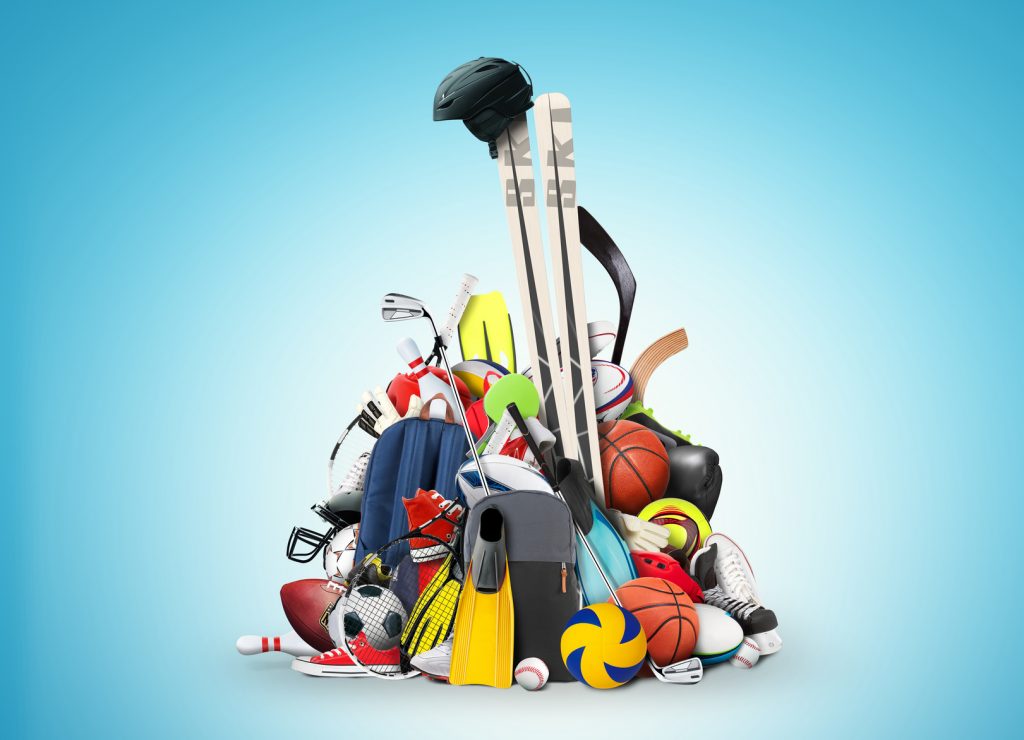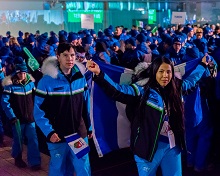Promising practices to support multi-sport programming

When kids specialize early in one sport or activity, it doesn’t guarantee they will be successful athletes in the long term (Malina 2010). To the contrary, research has revealed that they tend to get injured more frequently, burnout, and quit (Jayanthi et al. 2013, Jayanthi et al. 2015, Fraser-Thomas et al. 2005). This is why…
A Year in the Making – Reflections on Canada Artistic Swimming’s new name, new brand and commitment to excellence
When FINA, the international body that governs aquatics, changed the name of the synchronized swimming discipline to artistic swimming, it sent more than a wave across the sport in Canada. It unleashed a tsunami of activity that has resulted in a new name, a new brand, and a unified vision for the organization now known…
Self-awareness – a key driver in developing well-rounded leaders

“First, know thyself.” -Socrates Self-awareness is the ability to recognize, understand and manage one’s feelings, thoughts and behaviours. To better manage the complexities of the current sport and social landscape, self-awareness is a foundational skill that is being increasingly recognized as an essential trait for all leaders. As renowned bestselling author Daniel Coleman of Emotional…
Engaging Alumni

Alumni are the heart of any sport organization and have the passion, experience and drive to champion the growth of the sport they love – if they are authentically engaged. It is not uncommon for former athletes to feel disenfranchised from their club, federation, university, association, or sports organization – a sentiment that can be…
Mission Impossible? Not for these 2018 Chefs de Mission
2018 has already been an exciting year, with four major international games – the Arctic Winter Games hosted in the South Slave region of the Northwest Territories, Canada (March 18-24, 2018); the Olympic and Paralympic Winter Games hosted in PyeongChang, South Korea (February 9-25 and March 9-18, 2018); and Commonwealth Games hosted in Gold Coast,…
Marginal Gains Reconsidered: How Sport Organizations Hold the Key to Boosting Sport Performance
The “aggregation of marginal gains” has become such a catchphrase that people have stopped questioning what it means. Science is meant to question, not to follow, and to look for the truth where it otherwise might be missed. What are “marginal gains”, really? Why have we been trained to look for them? How do they…
Can we better Retain Sport Officials by Asking Them to Do More? The Opportunity of “Stage-appropriate Officiating”
Having and keeping enough qualified officials is a challenge for many sport organizations. Could we retain them by asking them to do more? It may seem counter-intuitive, but research into the challenges faced by sport officials and what motivates them suggests “stage-appropriate officiating” may provide an opportunity to retain officials while supporting quality sport experiences…
Cycle Commuting: A Panacea for the Physical and Mental Health of Canadians?

Interest in cycle commuting is growing. According to the 2016 census, the number of cycle commuters in Canada increased by 61.6% between 1996 and 2016 (87.9% in census metropolitan areas, those with a population of 100,000 or more) (Statistics Canada, 2017a & 2017b). However, this represents only 1.4% of commuters, leaving ample room for improvement….
Thinking about Reconciliation on National Indigenous Peoples Day

June 21st is National Indigenous Peoples Day, celebrated annually since 1996. It is intended as a day for all Canadians to recognize and celebrate the unique heritage, diverse cultures and outstanding contributions of First Nations, Inuit and Métis peoples. National Indigenous Peoples Day coincides with the summer solstice, a time when many Indigenous communities have…
Beyond Results: Building Fans through Strategic Communication

While professional teams and leagues have teams of media relations and social media professionals dedicated to maintaining a presence for their fans year-round, most amateur sport organizations have one or two individuals who handle communications and marketing off the sides of their desk. Far too often, the people tasked with promoting athletes and teams are…